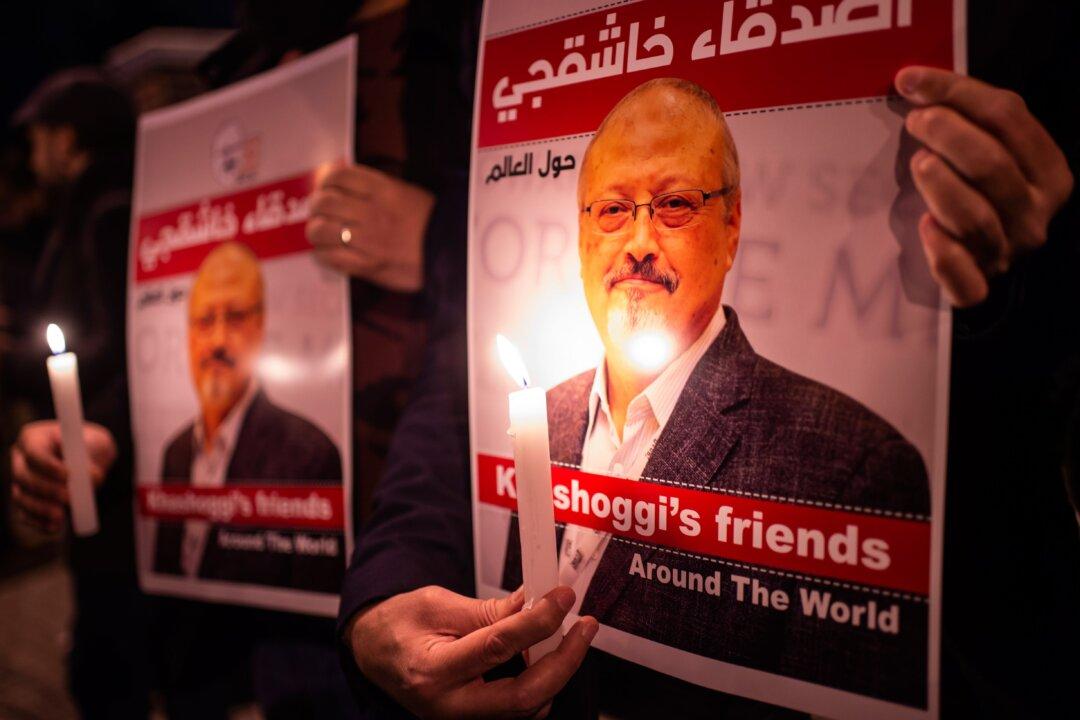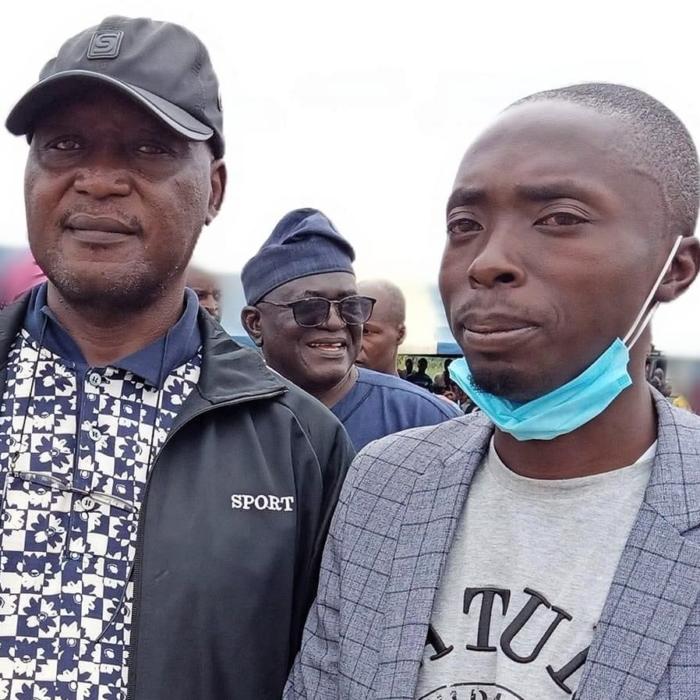As China, Russia, and dozens of authoritarian regimes tighten their grip on media, a growing number of journalists have been forced to live in exile. But reporting from democratic countries can’t guarantee their freedom and safety, a new report finds.
The think tank recorded 112 “physical transnational repression” incidents against journalists between 2014 and 2023. That data, it states, represent “only a fraction of the phenomenon, as many incidents are unreported or extremely difficult to conclusively verify.”
Digital harassment is also among the tactics employed by authoritarian regimes. The report notes that female journalists covering news on China from abroad said their private information and location were published online.
To silence journalists, authoritarian regimes have sought to pressure their family members at home. Several Uyghur reporters living in the United States told Freedom House that they “either lost or were forced to cut contact with family members” in China’s far-western Xinjiang region.
More than 1 million Uyghurs and many other Muslim minority groups were sent through a vast network of internment camps in Xinjiang and subjected to high-pressure indoctrination, forced labor, and other forms of abuse. The Chinese communist regime called them reeducation schools and linked its repression to counterterrorism, but the United States and other Western democracies have labeled Beijing’s actions a “genocide.”
“Chinese authorities have routinely threatened and detained family members of Uyghur journalists in exile, often leaving the journalists with no information about relatives’ whereabouts or condition,” the report states.
Aside from China, other countries such as Russia, Belarus, Saudi Arabia, Iran, Pakistan, and Cambodia have also been found to target journalists abroad. The report identified a total of 26 governments worldwide engaged in “transnational repression” of reporters over the past decade.
“The latest chapter in the growing authoritarian playbook is to go after exiled journalists who tell the truth about a regime’s priorities, performance, and misdeeds,” Freedom House President Michael Abramowitz said in a statement.
The organization urged democratic governments, civil society organizations, and media organizations to better support journalists living in exile.
Transnational Repression
The report was released hours before a separate congressional hearing discussed “transnational repression and authoritarians targeting dissenters abroad.” Lawmakers and activists at the hearing singled out the campaign launched by the Chinese Communist Party (CCP).Mr. Abramowitz told the Senate Foreign Affairs Committee hearing that China is the “number one country” in transnational repression. Freedom House found that the Chinese regime accounted for about 30 percent of more than 800 cases of transnational repression committed by 39 governments in 91 countries between 2014 and 2022 and that targets include journalists, human rights activists, and other diasporas.
The committee’s chairman, Sen. Ben Cardin (D-Md.), described the CCP’s transnational repression campaign as “one of the most sophisticated” in the world.
“This oppression is not only felt by the direct victims of the agents of these regimes he said ”By going after one or two critics, they send a message to the entire exile community: ‘You are never safe anywhere. Not even if you are in a democratic nation. Not even if you have political asylum;’”






